Top 12 Reasons Americans Are Rejecting Caribbean Resorts
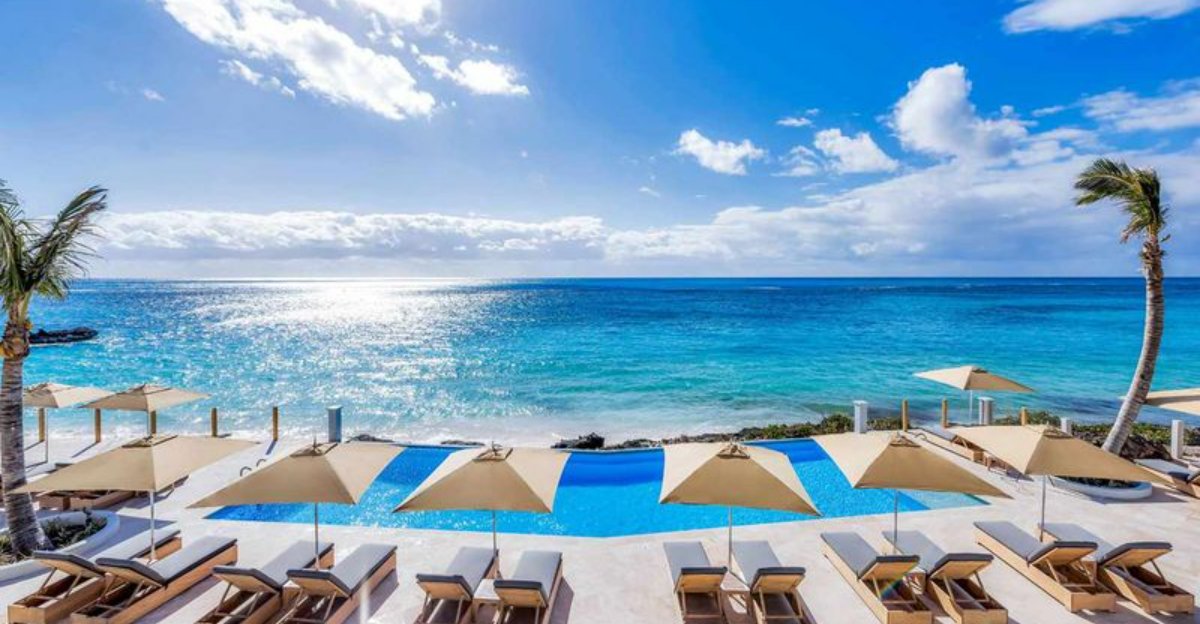
Caribbean resorts once topped the vacation wish lists of many Americans. Now, things are changing as travelers look elsewhere for their dream getaways. Money concerns, changing travel habits, and new vacation options are pushing people to rethink those island escapes.
Let’s explore why many Americans are saying ‘no thanks’ to Caribbean resorts these days.
1. Skyrocketing Prices Drain Vacation Budgets
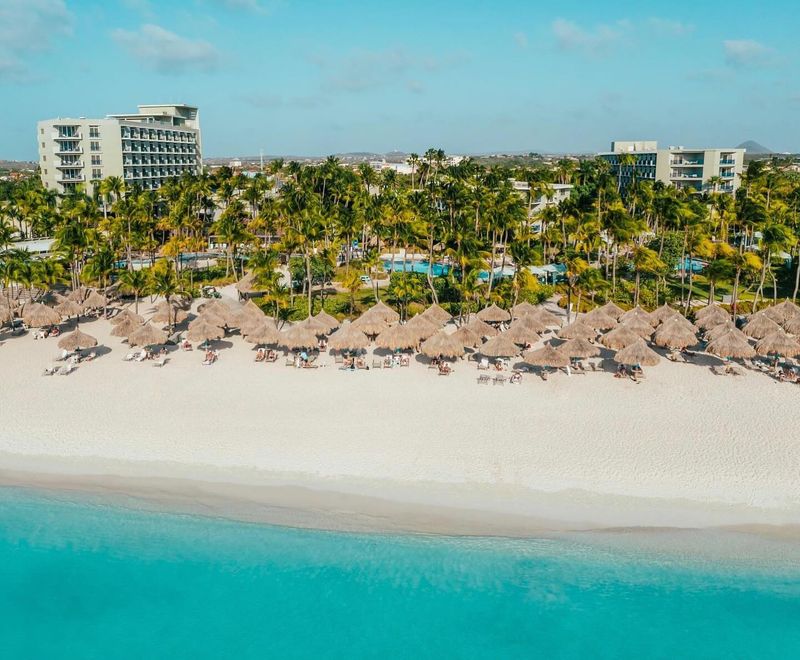
Vacation costs in popular Caribbean destinations have shot through the roof in recent years. Many resorts now charge $500+ per night for basic rooms, not including the mandatory resort fees that can add another $50-100 daily.
Food and drink prices inside these all-inclusive properties have similarly ballooned, with some charging $15 for a simple cocktail and $35 for a basic lunch plate. Americans are discovering they can vacation for a week in Europe or Mexico for what three nights costs in Jamaica or the Bahamas.
When you factor in airfare and transportation costs, the math simply doesn’t work for many families anymore.
2. Hurricane Frequency Creates Travel Anxiety
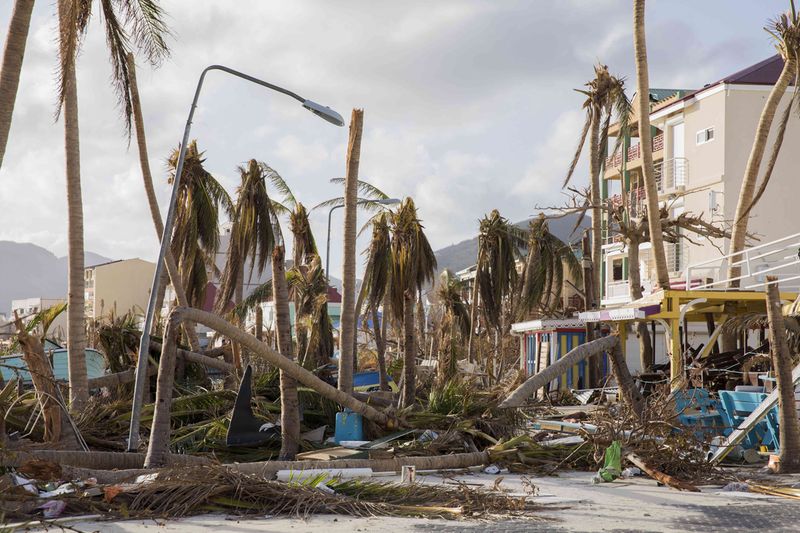
The Caribbean’s hurricane season grows more unpredictable and intense each year. Travelers who book expensive trips months in advance now face growing uncertainty about whether their vacation will happen at all.
Insurance helps but doesn’t eliminate the stress of potentially canceled plans. Many Americans remember devastating images of destroyed resorts after hurricanes like Maria, Irma, and Dorian.
Why risk thousands of dollars and precious vacation time on a destination that might be recovering from disaster? More travelers now choose locations with more stable weather patterns rather than gambling on increasingly volatile Caribbean conditions.
3. Sameness Syndrome Bores Experienced Travelers
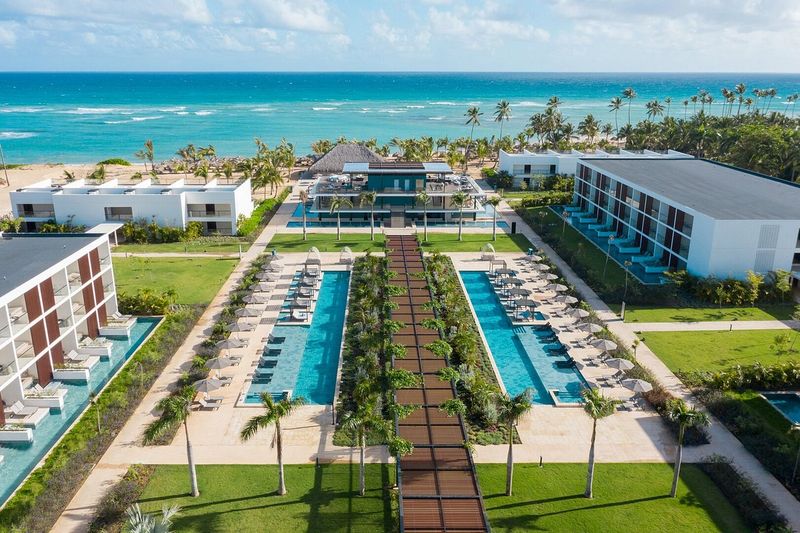
After you’ve seen one mega-resort in the Caribbean, you’ve essentially seen them all. The cookie-cutter experience – identical buffets, similar swim-up bars, and predictable evening entertainment – has left many repeat visitors yawning.
Americans increasingly seek authentic cultural experiences rather than sanitized resort environments. The walled-off nature of these properties means many travelers never truly experience the actual countries they’re visiting.
Adventure travelers, millennials, and culturally curious Americans are turning to destinations where they can immerse themselves in local life rather than being confined to manicured resort grounds with the same activities they could find anywhere.
4. Environmental Concerns Trouble Conscious Travelers
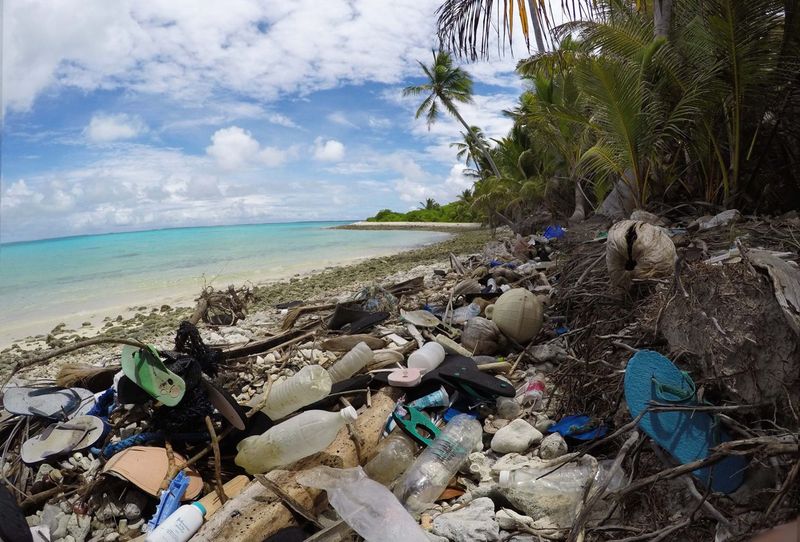
More Americans are questioning the environmental impact of massive Caribbean resorts. These sprawling properties often damage delicate coastal ecosystems, consume enormous amounts of water in drought-prone regions, and generate mountains of plastic waste.
Reports of sewage from resorts damaging coral reefs have made headlines, making environmentally conscious travelers think twice. The carbon footprint of flying to these destinations adds another layer of guilt for climate-aware Americans.
Eco-tourism alternatives are attracting travelers who want vacations that preserve rather than harm natural environments. Many Americans now prefer destinations with strong environmental protections and sustainability practices over places where development occurs unchecked.
5. All-Inclusive Fatigue Creates Dining Disappointment

The buffet-style dining that once attracted travelers to all-inclusive resorts now sends them running elsewhere. After days of mediocre mass-produced food options, many Americans find themselves craving authentic, quality dining experiences.
Resort restaurants often serve watered-down versions of local cuisine alongside Americanized dishes that lack flavor and authenticity. The repetitive menus and long lines at buffets have lost their appeal as American palates have become more sophisticated.
Foodie travelers now seek destinations where they can explore local restaurants, street food, and culinary traditions rather than being limited to the predictable offerings inside resort walls.
6. Safety Concerns Beyond Resort Boundaries
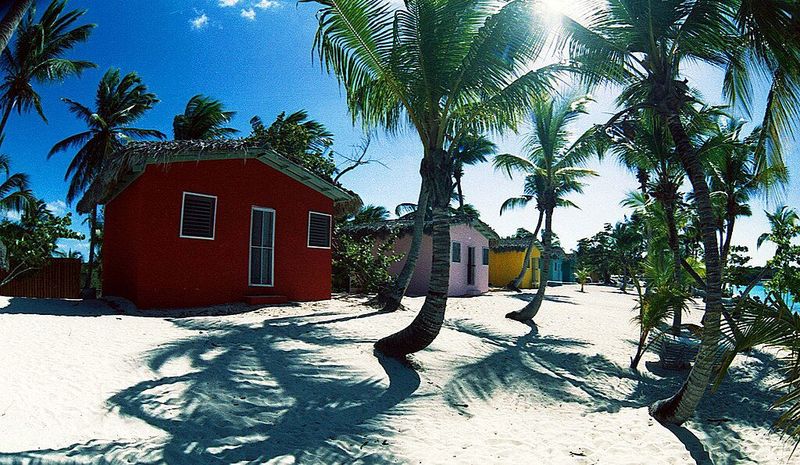
Headlines about crime in some Caribbean destinations have made Americans increasingly nervous about venturing beyond resort walls. This creates a trapped feeling, with many guests unwilling to explore the actual countries they’re visiting.
Staff at some resorts actively discourage guests from leaving property grounds, citing safety concerns. This reinforces the perception that the surrounding areas are dangerous, even when that’s not always the case.
Americans increasingly prefer vacation spots where they feel comfortable exploring freely without security worries. The disconnect between manicured resort properties and sometimes struggling surrounding communities creates an uncomfortable contrast for socially conscious travelers.
7. Rise of Alternative Tropical Destinations
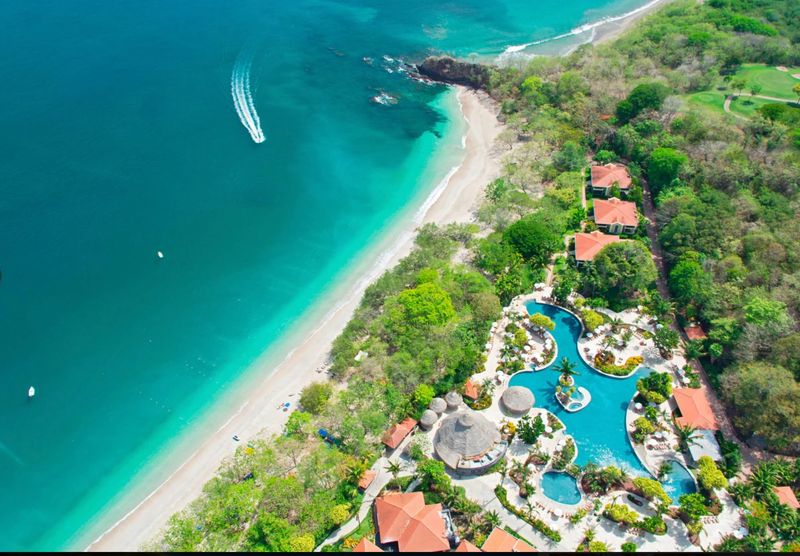
Mexico’s coastal regions offer similar tropical experiences at significantly lower prices than many Caribbean islands. Destinations like Costa Rica combine beaches with rainforest adventures, wildlife encounters, and strong sustainability practices that appeal to eco-conscious Americans.
Southeast Asian countries like Thailand, Vietnam, and Indonesia deliver exotic beach vacations with lower price tags and unique cultural experiences. Even domestic options like Florida Keys, Hawaii, and Puerto Rico provide tropical getaways without the hassle of international travel.
Americans have discovered they can find white sand beaches and turquoise waters in many places around the world, often with better value and more diverse experiences than traditional Caribbean resorts.
8. Hidden Fees Create Financial Frustration
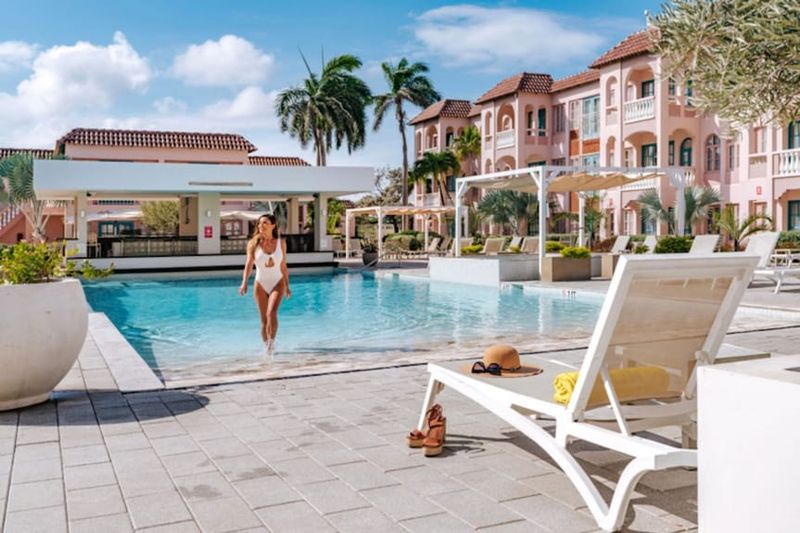
Sticker shock hits many Americans when they discover the advertised resort rates rarely include all costs. Mandatory resort fees, service charges, and taxes can add 30-40% to the advertised room rates.
Activities that once were included now come with hefty price tags. Want to snorkel? That’s $50 per person. Interested in a cabana by the pool? That’ll be $200 for the day. Even Wi-Fi often costs extra at many Caribbean properties.
The nickel-and-diming approach has soured many travelers who feel mislead by marketing that suggests an all-inclusive experience. When the final bill arrives with hundreds in unexpected charges, guests vow never to return.
9. Overcrowding Ruins the Paradise Fantasy
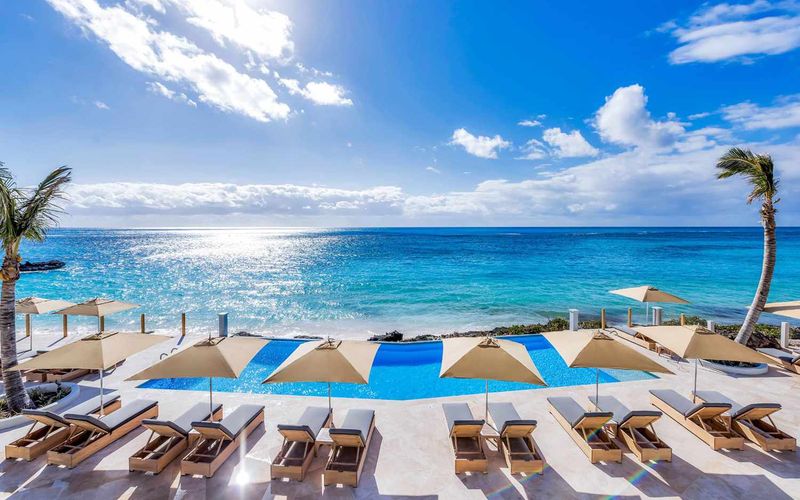
Packed beaches with loungers crammed together hardly match the serene Caribbean experience promised in brochures. Popular resorts often operate at maximum capacity, creating competition for everything from dinner reservations to pool chairs.
Some guests report needing to wake up at 6 AM to claim a decent spot by the pool or beach. Cruise ships dumping thousands of day visitors further overwhelm popular beaches and attractions near resorts.
The reality of fighting crowds on vacation contradicts the peaceful tropical getaway many Americans envision. Travelers increasingly seek less developed destinations where they can experience beaches and natural attractions without battling hordes of other tourists.
10. Authenticity Seekers Want Real Cultural Connections

Staged cultural performances and sanitized versions of local traditions no longer satisfy travelers seeking genuine experiences. The artificial bubble of resort life keeps guests separated from the actual culture, people, and daily life of Caribbean nations.
Americans increasingly want to eat where locals eat, shop at real markets, and have meaningful interactions beyond the scripted exchanges with resort staff. Younger travelers especially value authenticity over comfort and predictability.
Social media has fueled this trend, with travelers wanting unique, shareable experiences rather than photos that look identical to everyone else’s resort vacation. This shift benefits destinations offering homestays, local guides, and immersive cultural experiences.
11. Technology Troubles Frustrate Connected Travelers
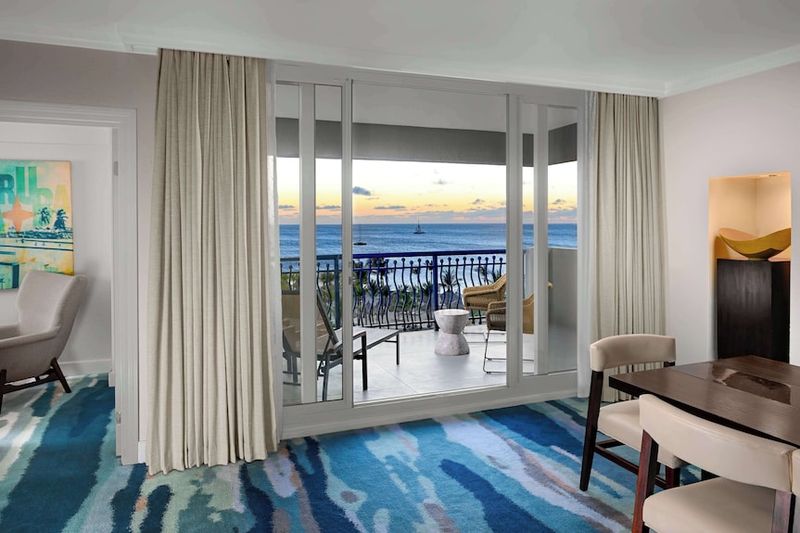
Spotty Wi-Fi and poor cell service plague many Caribbean resorts, frustrating Americans who need to stay connected. While some travelers want to disconnect, most expect reliable internet for sharing photos, checking work emails, or staying in touch with family.
Many resorts charge substantial fees for basic internet access that’s slow and unreliable. This technological disconnect feels especially jarring given the premium prices guests pay.
Remote workers considering extended stays find Caribbean resorts particularly unsuitable for their needs. As more Americans blend work and leisure travel, destinations with reliable, included connectivity have a significant advantage over Caribbean properties still treating internet as a luxury add-on.
12. Service Quality Declines Despite Rising Prices
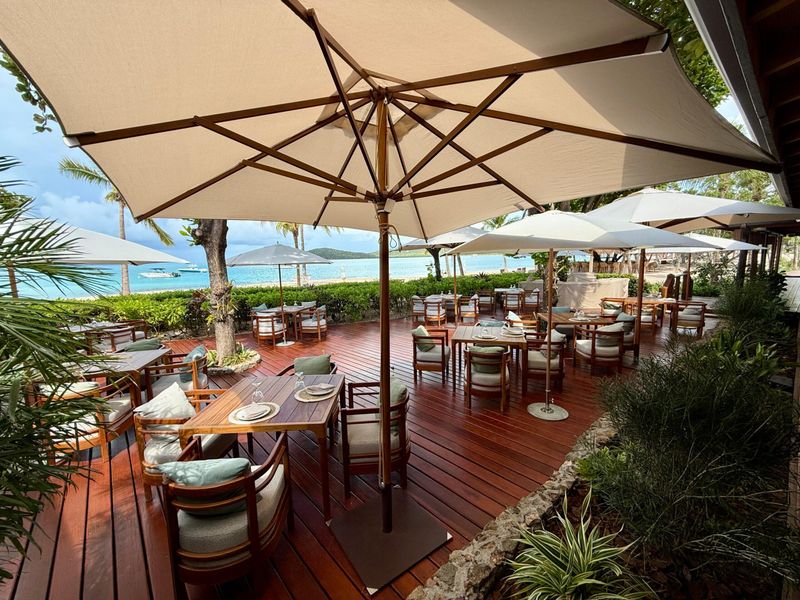
Staff shortages have hit Caribbean resorts hard, resulting in longer waits and less attentive service. Many Americans report experiencing understaffed restaurants, unmaintained facilities, and overwhelmed front desk personnel despite paying premium prices.
Training issues sometimes create communication problems and service inconsistencies. The contrast between luxury pricing and mediocre service leaves many guests feeling cheated.
Reviews frequently mention how service quality has declined while prices have increased dramatically. This value disconnect drives travelers to destinations where service standards remain high or where lower prices better align with service expectations.
